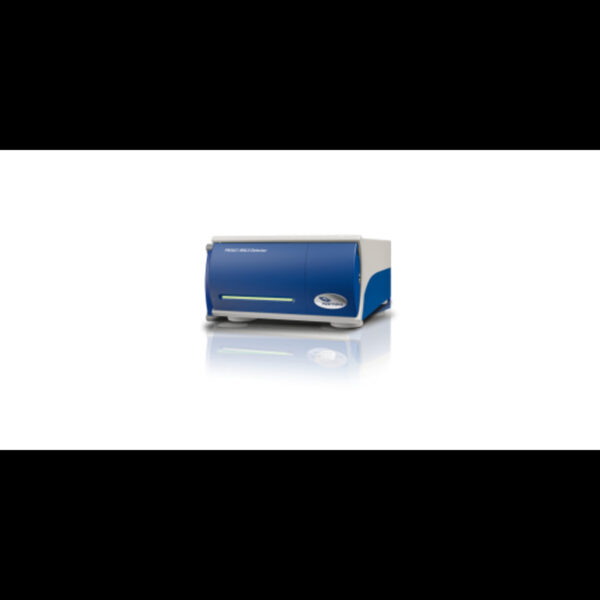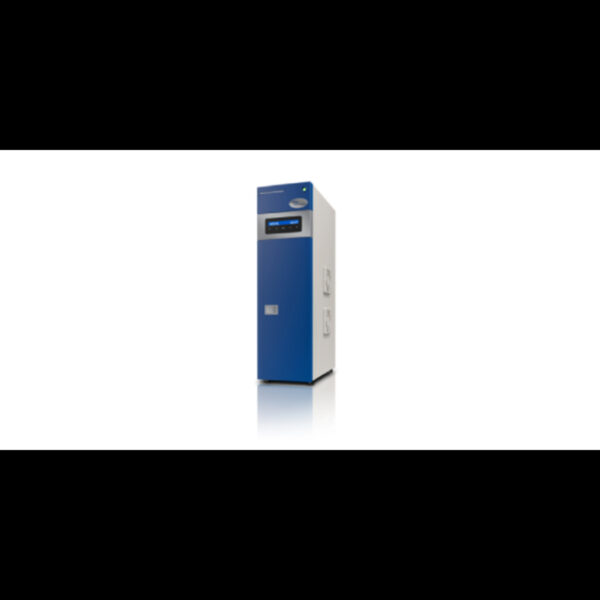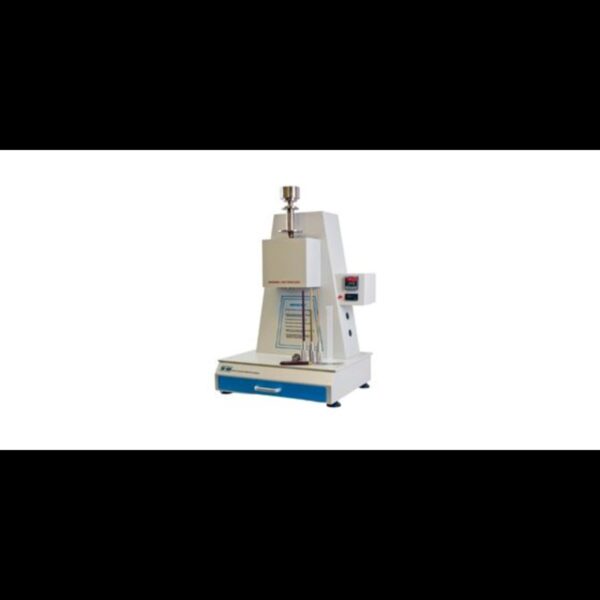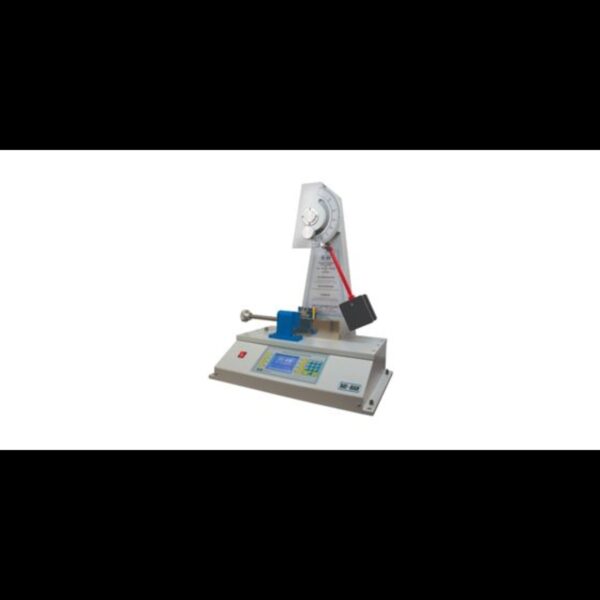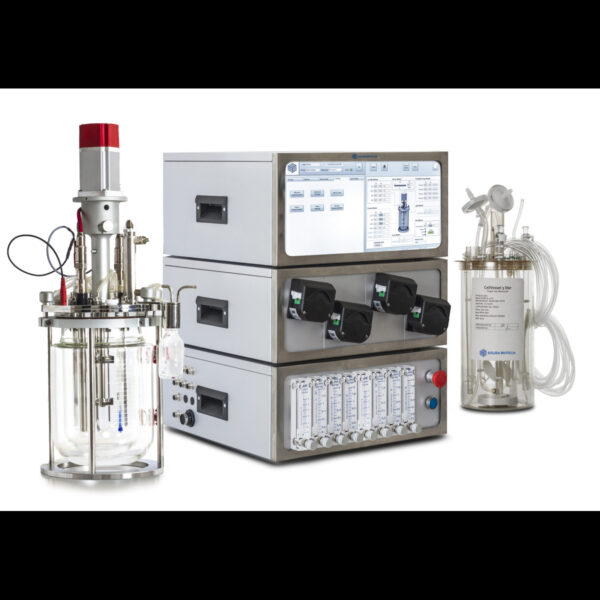Postnova Analytics – FFF Modules – PN1000 Eluent Pumps
Postnova Analytics – FFF Modules – PN1000 Eluent Pumps
The PN1000 Eluent Pump from Postnova Analytics is a key component of Flow Field-Flow Fractionation (FFF) technology. These pumps ensure accurate and consistent deli...
Postnova Analytics – FFF Modules – PN1000 Eluent Pumps
The PN1000 Eluent Pump from Postnova Analytics is a key component of Flow Field-Flow Fractionation (FFF) technology. These pumps ensure accurate and consistent delivery of eluents, making them an essential component for any advanced analytical laboratory.
Check out what models are available below!

